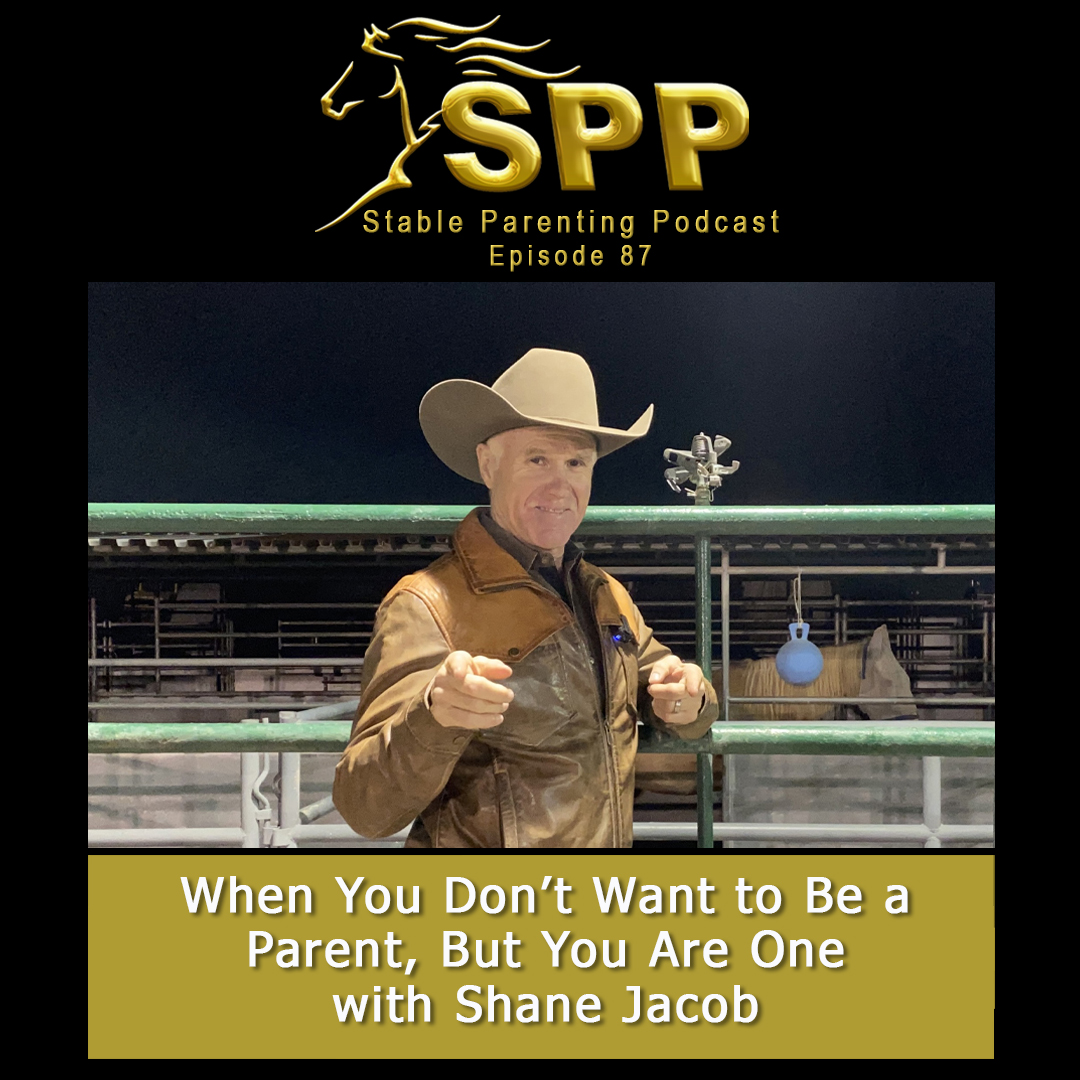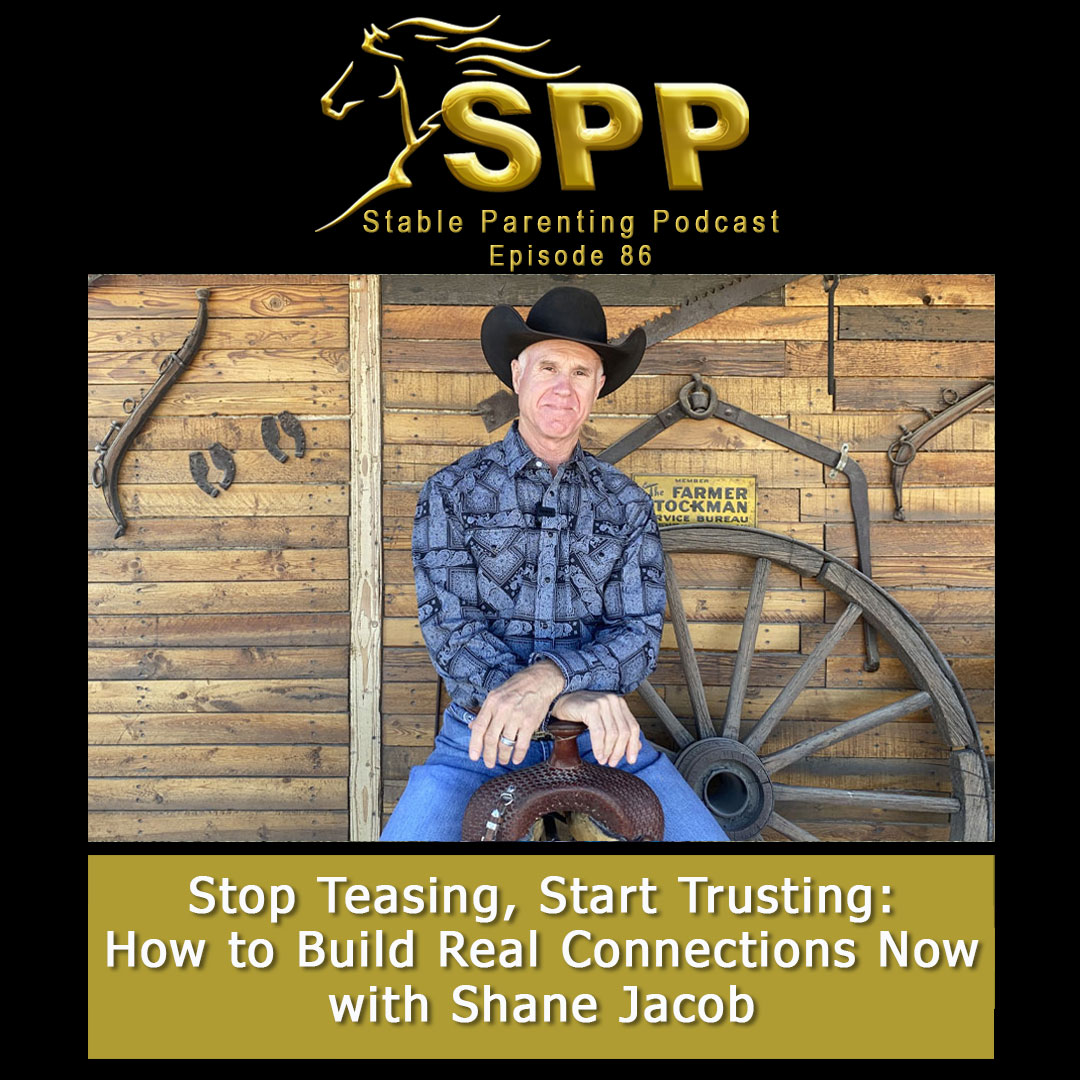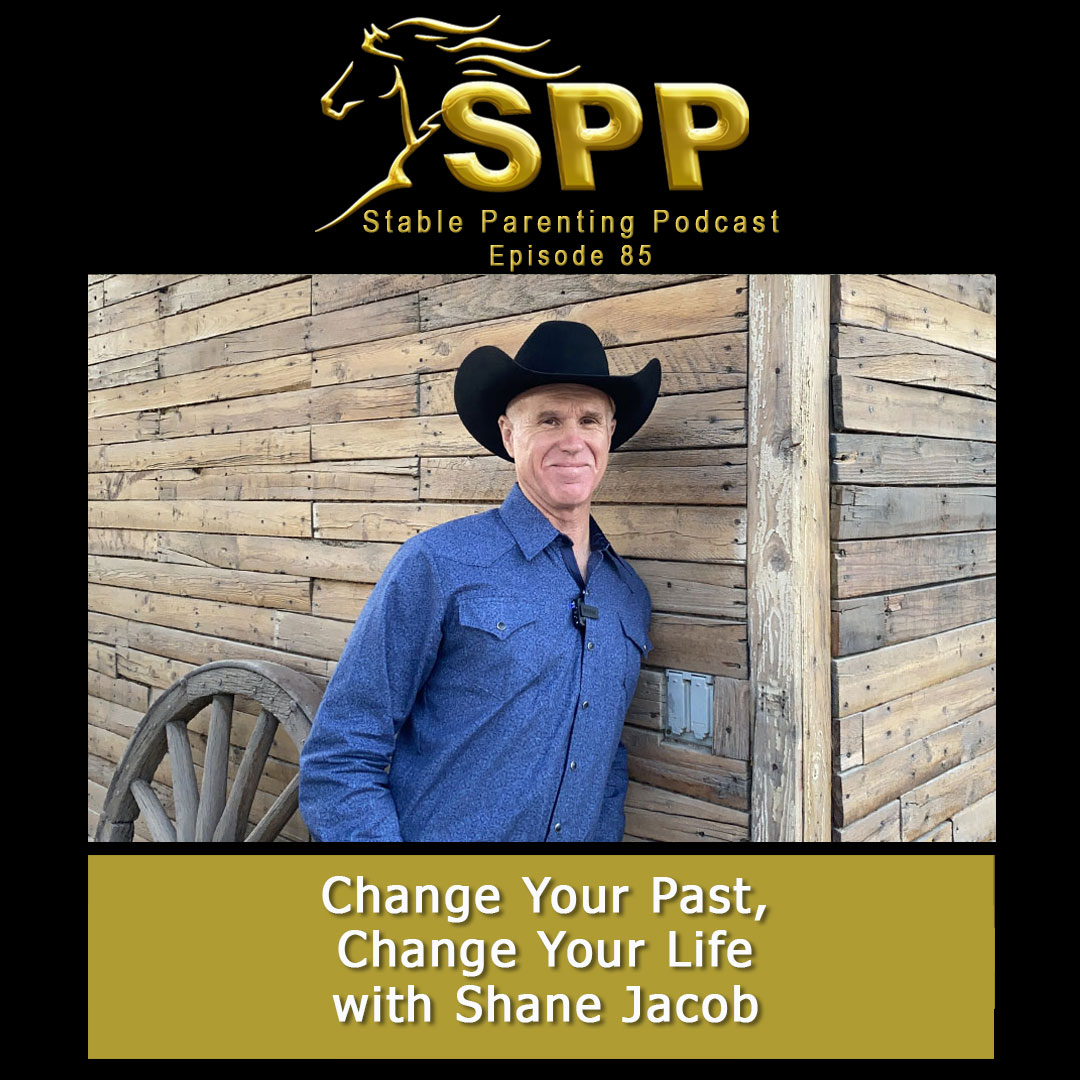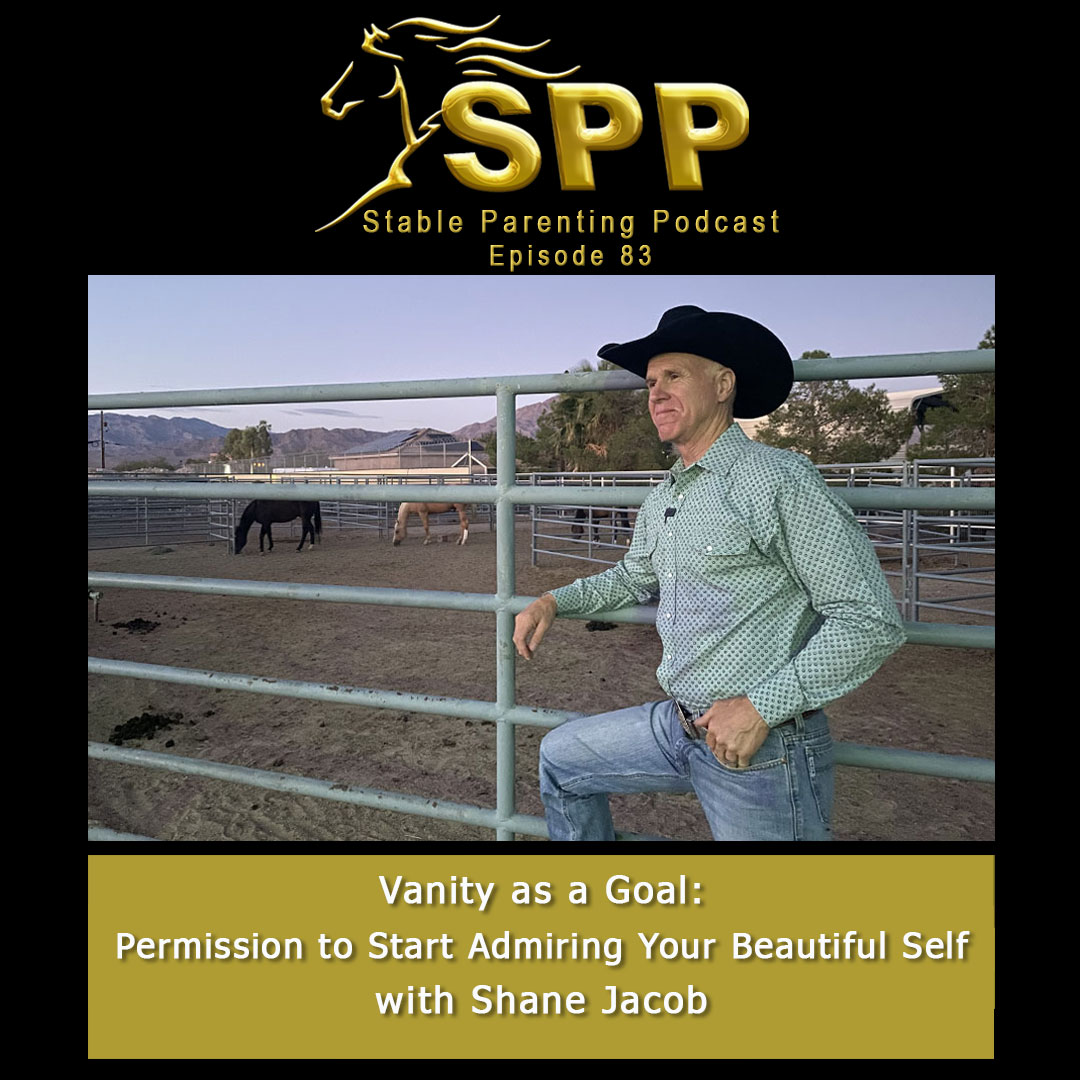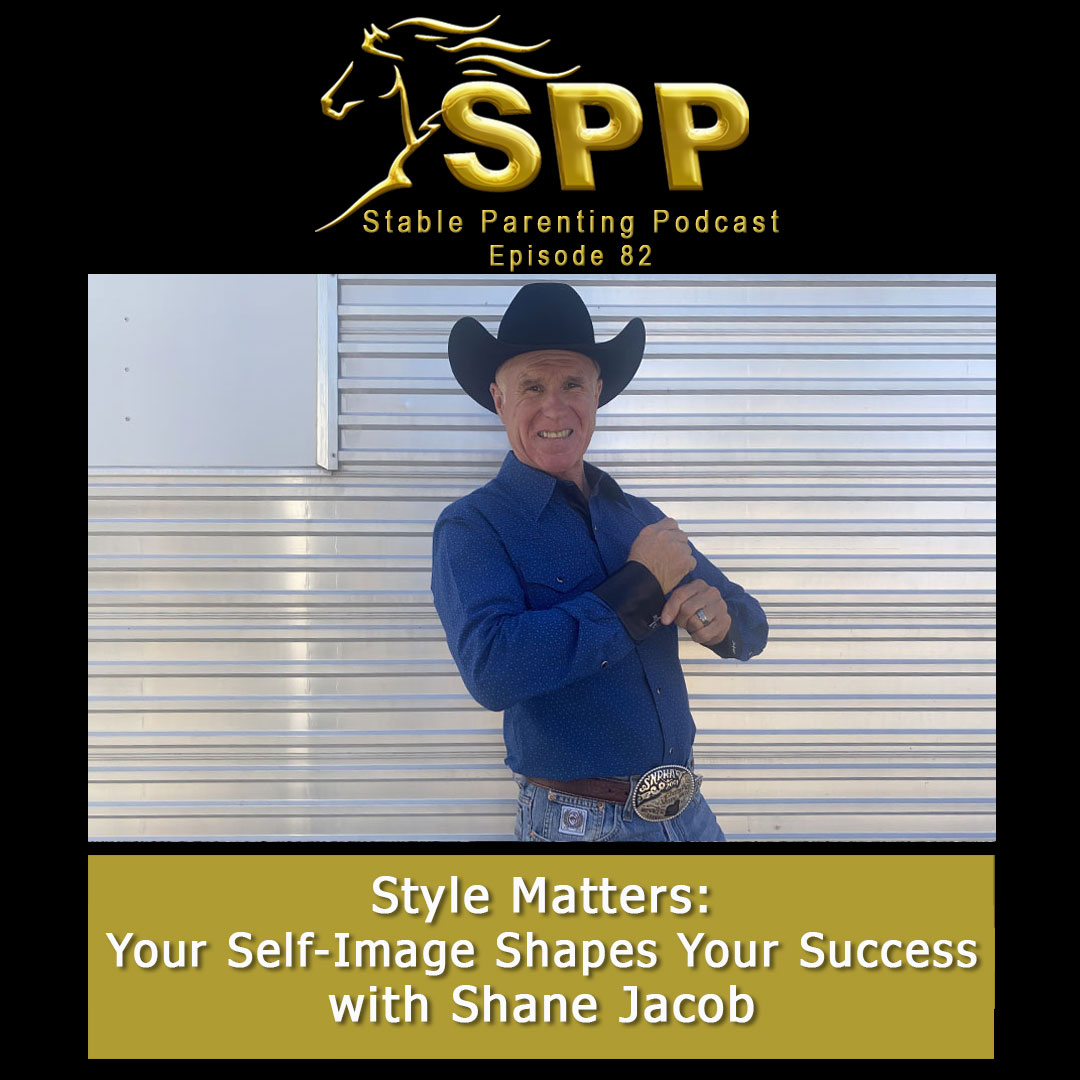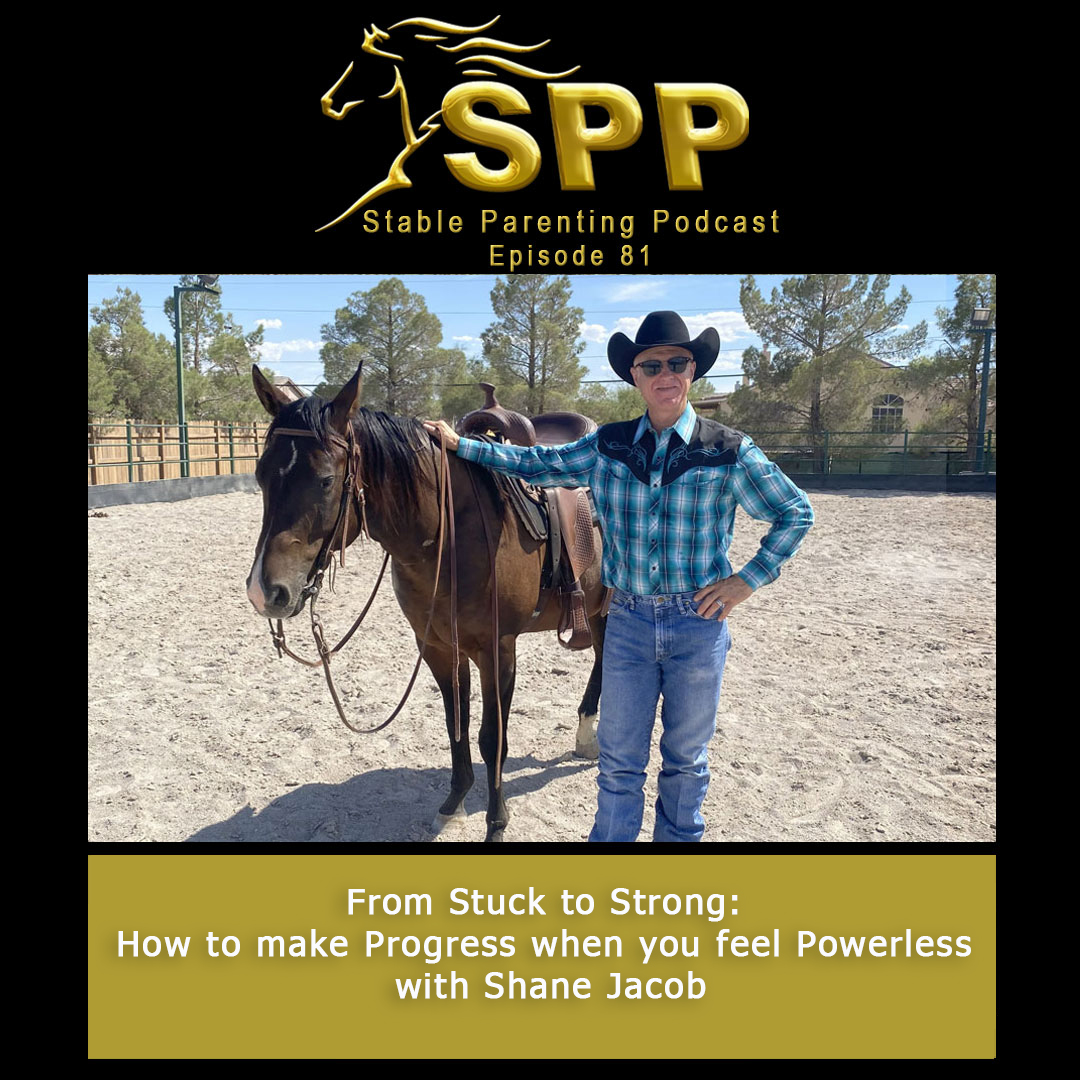This episode breaks down humility, self-esteem, and how to stop minimizing your worth – starting with your words.
Welcome to This Week’s You Are Destined For Greatness
Today our subject is self-talk—specifically, not the thoughts that we have, but the actual words that we're using about ourselves.
So you know there's a thing—I think if you think about this, you'll realize that we are conditioned. We are super hyper-conditioned to minimize ourselves.
The Pressure to Stay Small
What I mean is, “Hey, be humble now. Don't overdo it. Don't toot your own horn. Don't shine too bright. We want to make sure that we fit in.” You know, that we fit into the group, that we belong, that we're not too much.
We don't want to come across as being better than somebody else because we don't want to hurt their feelings. We don't want to come across as we're constantly trying to draw attention to us.
Understanding Narcissism and Arrogance
You hear the word narcissism a lot. What that means is that people that really have a disorder where they demand and they require a whole bunch of attention towards themselves, and they have no empathy for other people.
Arrogance is another term that we hear a lot about. That means that I think I'm better than you, I think I'm superior to you, and I have disdain for you.
The fact that I may want to tell you about my achievement, or my win, or that I'm having a good day, doesn't mean that you're a narcissist, and it doesn't mean that you're arrogant.
What’s at the Root of It?
I think another term that we get confused with a lot is…Actually, you know what's at the root of those two things? A lack of self-esteem.
You know where a lack of self-esteem is coming from? Because we keep minimizing ourselves and reducing our value.
Redefining Humility
Another term that I want to redefine is humility. Humility. Be humble. “Hey, be humble, Shane. Be humble.”
A lot of times we take that to mean, “Hey, be lowly, be less than. Don't try to, you know, measure up and be the same even as somebody else—and for hell's sakes, not be, you know, have a good day or a big win. We need to, like, keep reducing ourselves, diminishing ourselves, retracting.”
Humility isn't about that.
True Strength Is Humility
Humility is strength. Humility is not—the opposite of humility is arrogance. So humility is not, "I'm better than you," but it's not also that "I'm weaker than you." Humility is strength. It means that I have the inner strength to see my weaknesses—and that's okay—and to see my strengths—and that's okay too.
So humility is not diminishing myself, just for the record.
Be the Different Family
So, when you take a look at how we're conditioned and how we're conditioning our kids, here's my challenge: Be the different family. Bethe uncommon family. Be the weird one, if people so think it. Take a compliment. You know, for a while I had a hard time just taking compliments.
"Hey Shane, you did a great job.”
“Hey, well thank you. I put a lot of effort into that.”
I used to not even be able to do that, because I'm like, "Ah, you know, it was nothing."
What do you do with compliments? Can you take them? Because what's wrong with taking your win?
Why It Matters
It makes a difference, okay? And here's the difference it makes:
When we can see our realness and be authentic and be vulnerable—because it takes a little bit of vulnerability to be open and accept our good with our bad—when we can do that, it strengthens our connections. It sets the example for our kids so that they can, and everyone around us, on how to treat us. And it shows that we have confidence.
Did I say it strengthens our connections? Okay, it actually strengthens the relationships that we have.
Final Challenge: Don’t Diminish Yourself
That's my challenge. Don't diminish you.
When I say you’re destined for greatness, believe it. You are perfectly perfect with your weaknesses. Your weaknesses are things that you do. Your value is over here, and it’s 100%.
You Are Destined For Greatness


